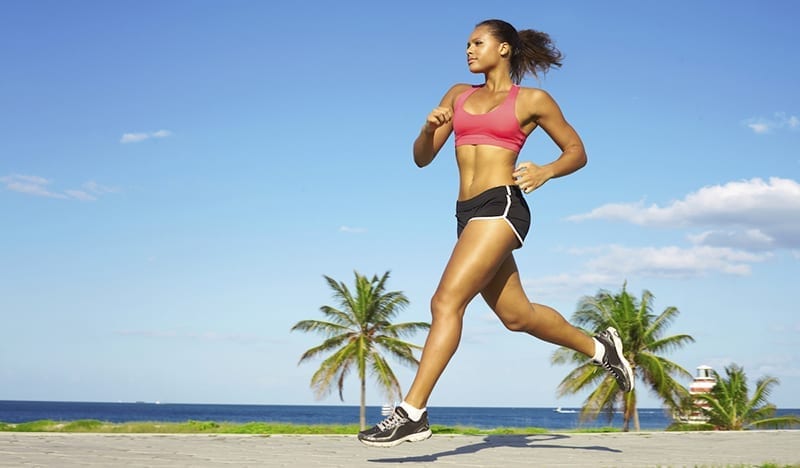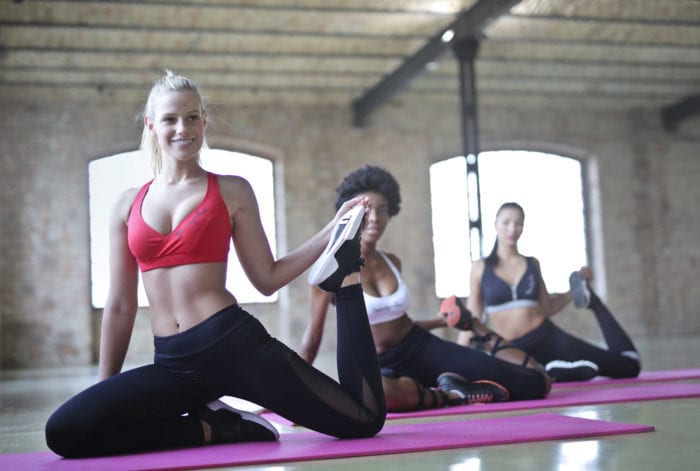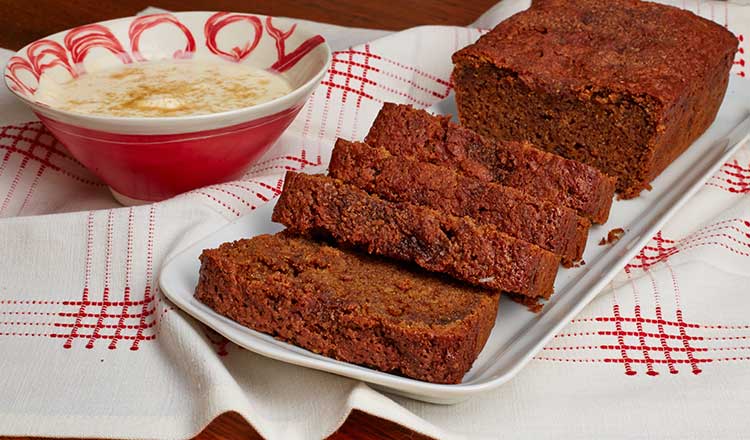With the running season now upon us, sports nutritionist and dietitian, Pip Taylor, has stopped by to share her insights into why giving your body the right fuel is so vital.
What’s the best way to prepare yourself nutritionally before a big race?
When preparing for a marathon, half-marathon or any other long distance run, it is vital to consider the foods you are consuming before and during the training period.
Mindful eating is a concept that echoes aspects of life to encourage self-reflection and self-awareness. This concept promotes greater food freedom, less strict eating rules that are often wrapped with guilt and the notion of foods from a positive or negative outlook in conjunction with the counting of calories.
It is extremely important to see food as a contributor to your overall wellbeing regarding its effects and how they make you feel. For example, the impact of a sugar filled donut in comparison to a leafy green salad is vastly identifiable. How the sugar-filled doughnut will affect energy levels and your mood in the long-run, will in turn impact your health.
Being mindful asks that you listen to hunger cues and can effectively distinguish hunger from boredom and stress. Distractions such as eating at your work desk or in front of the TV are not encouraged when being mindful about what you’re eating.
Watch out for ‘runner’s guts’ (the feeling of urgency that hits during exercise) by avoiding the major culprits – fructose, lactose and caffeine. Too much fat and fibre can also rush your gut. If you are vibrating too much when you running this can also cause you to shake your gut, so be sure to choose a good quality running shoe made specifically for runners!
Prior to the race, a mindful approach to eating helps determine when it is necessary to override hunger and meet fuelling or recovery priorities. By recognising cues for overeating or under-eating you are developing a healthy relationship with what you are putting into your body.
Mindful eating encourages learning on how to be critical and analytical of external marketing messages on nutrition and fuelling that can lead to uncertainty, doubt and confusion. Mindful eating helps balance nutritional requirements for training with an overall satisfaction and enjoyment for food!
Being deliberate and mindful regarding food and eating allows for a greater consciousness and awareness allowing you to excel in your training and ultimately improve performance.
What are the most common reasons runners don’t reach their PB?
The most common reasons runners don’t reach peak performance are due to lack of nutrition or the onset of nerves before or during a race. There are a number of reasons why you may sometimes have a lack of performance:
- Lack of training – When training your muscles and lungs to get you through the big race, you must also train your digestive system. Training the digestive system teaches it to cope with foods and fluids both before and during the race. It is not a natural thing to be eating or drinking while on the run, but your stomach, like other muscles, is very adaptive and the more you practice the easier it becomes.
- Over or under watered – If you don’t hydrate correctly before your run, you are increasing your chances for dehydration. This is generally due to not drinking enough water to replenish water emitted through breathing and sweating – dehydration can compromise your performance in a big race. People generally think that guzzling down fluids is the answer, however too much water can be just as problematic.
- Leaky gut – Good gut health is imperative to being able to withstand the physical and mental stress of race day. A healthy gut is the result of daily intake of foods – and is as much about what you do eat (lots of fibre, fruits and veg and unprocessed foods, as well as probiotic containing foods) as what you don’t eat (high sugar, highly refined carbohydrates).
- Too many butterflies – Some nerves can be good before a big race, but being overly anxious can be crippling for performance. There is a strong connection between the brain and the gut, and being overly anxious increases risk of gastrointestinal distress.
What can be the impact of long distance running on the body?
Running is a wholesome full-body workout. Going for a run gets the blood pumping, increases cardiovascular fitness, tones you up while also burning a hell of a lot of calories.
Long distance running can have extremely positive benefits on your body including improved mood and sleep patterns, while also strengthening your bones and muscles. Regular runners are proven to live three years longer than non-runners, while engaging in just a few minutes of running a day can decrease the risk of heart disease significantly.
While running is a great contributor to your fitness, health and well-being it can also have some detrimental effects and cause long-standing injuries both now and later in life. Around 40 per cent of running injuries start in the knees.
The motion of running causes irritation at the point where the kneecap rests on the thighbone. These injuries usually come as a result of lack of stretching or weak quads which are unable to support this alignment. Knee injuries can be avoided with strength training and consistent stretching after exercise, always in combination with a good shoe.
My first choice for running shoes is Saucony because their technology puts your foot in a more balanced and comfortable position, allowing for a more powerful and natural running stride. This can make a huge difference when running long distances, such as a half marathon. The human foot and ankle contains 26 bones, 33 joints and over 100 muscles, tendons and ligaments, so a good pair of shoes is crucial when running long distances.
About the author:
Pip Taylor’s sporting career spans over 15 years and includes multiple appearances at World Championships representing Australia, multiple World Cup and 70.3 wins, and podium places and victories in other major international triathlon races. In 2015, Pip published her first book, The Athlete’s Fix: a program for finding your best foods for health and performance.
















